Xylitol is a common sugar substitute that tastes like normal table sugar. It has been used as a sugar replacement since the 1960’s. It contains less calories than regular sugar, making it popular among dieters. Xylitol is also commonly used as a sugar replacement for diabetics. It is present in some oral hygiene products (such as toothpaste) because it is known to help fight tooth decay and repair tooth enamel. All that sounds great right? A sugar substitute that not only tastes like sugar, but contains less calories and can improve oral health? However, pet owners (those with dogs especially) should be aware that, although safe for humans, Xylitol can be deadly to pets.
What is Xylitol in?
Xylitol can be found in many types of products, including chewing gum, candy, chewable vitamins, cough drops, mints, mouthwash, toothpaste, and low-fat yogurt. Look out for products that say they are sugar, or fat, free, as these types of products often include Xylitol rather than regular sugar. Unfortunately recognizing what products contain Xylitol and which don’t can sometimes be a bit tricky. It isn’t always listed plainly on ingredient lists. Xylitol can be listed on ingredient lists under a number of different names, making it harder to quickly recognize when a product contains this deadly ingredient.
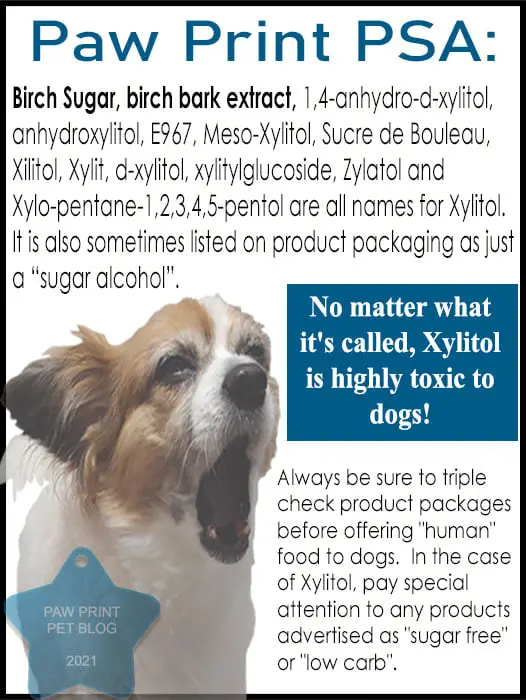
Why is Xylitol bad for pets?
When ingested by dogs, Xylitol causes a surge of insulin that can prove deadly. It’s thought that as few as one or two pieces of Xylitol containing chewing gum could be deadly for a small dog. Ingesting Xylitol causes dog’s blood sugar to drop rapidly, causing symptoms such as vomiting, weakness, loss of coordination, and seizures. Symptoms can occur within 30 minutes after consuming Xylitol containing products, and can cause death quickly without treatment. Xylitol is also believed to very rapidly cause liver damage/failure in dogs. However, some animals show almost no symptoms until they are already very sick.
Treatment for Xylitol poisoning usually includes hospitalization so that pets can be constantly monitored and administered fluids and glucose. Fast and aggressive treatment is required for the best possible outcome. Ideally, owners should seek veterinary advice before the onset of symptoms, if at all possible.
How can you help prevent Xylitol poisoning?
Xylitol is thought to be about 100 times more toxic to dogs than chocolate is. Yet there are many owners who are unaware of the potential danger. Help educate other pet owners about the dangers of Xylitol. And make sure to keep all Xylitol containing products well out of reach of your pets. Although death caused by Xylitol is documented mostly in dogs, it may also be toxic to other species such as cats and ferrets.
In case of emergency, make sure you know how to reach your local emergency veterinarian. Time is a factor when dealing with Xylitol poisoning, and you will be wasting precious minutes if you have to spend time searching for a vet.
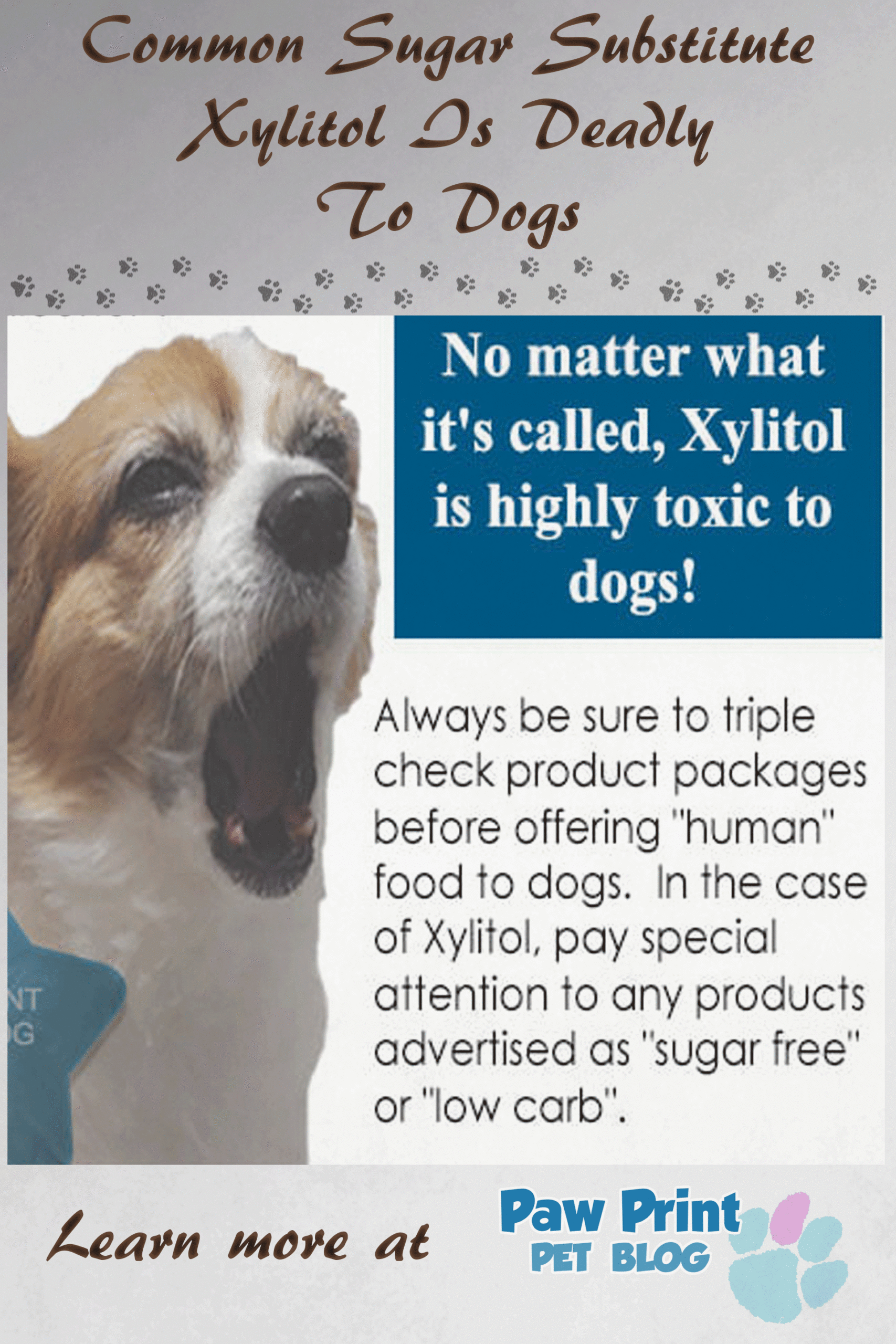

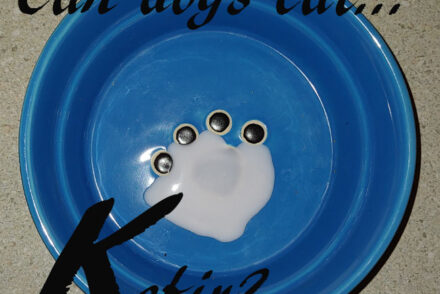
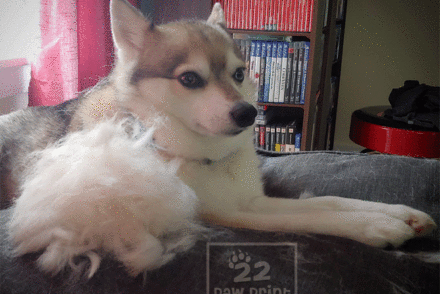
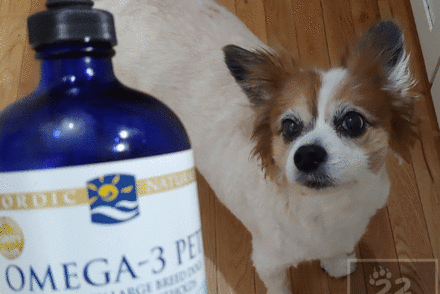

4 Comments
Thanks for the information! I had no idea!
No problem! Thanks for stopping by.
GREAT information! The last thing people want to do is poison their dog, so this is great information on chemicals that can be very bad when used wrong.
[…] bought (dog safe, check the ingredients list and make sure it doesn’t contain excess sugar or xylitol!) kefir, or plain yogurt should also […]